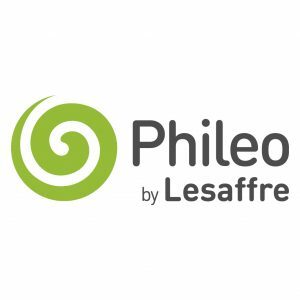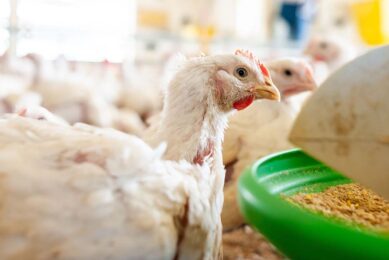Let’s talk turkey about improving performance
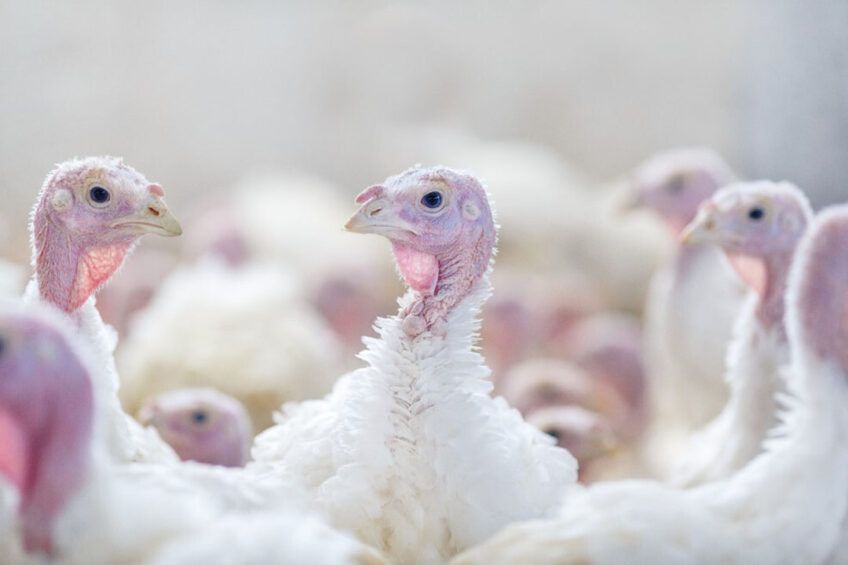
Increasing raw material prices, reducing reliance on antibiotic growth promoters, and encouraging the turkey’s inherent susceptibility to digestive disorders present significant challenges to turkey producers trying to maintain positive returns.
Recent research demonstrates that cost-effective advanced feed technologies such as yeast postbiotics can produce turkeys with healthier gut microbiota, improved feed conversion ratio, and reduced susceptibility to opportunistic pathogenic colonisation to improve bird performance.
Turkeys aren’t just big broilers
After broilers, turkeys are the second-most common poultry species produced globally at around 6 million tonnes per year compared to 120 million tonnes for broilers. Although these birds are close relatives, and both belong to the order of Galliformes and the family Phasianidae – including pheasants, quail, and grouse – turkeys have substantially different requirements for successful production.
During their much greater growth period, turkeys have greater nutrient requirements where starters need at least a 26-28% protein component in their diet (versus 22-23%). They require more energy input, of between 3,300 to 3,400 Kcal/kg (vs 3,200), particularly during the finishing phase, to ensure sufficient fat deposits. Turkeys also display substantial sexual dimorphism where males grow significantly larger than females. And, last but not least, turkeys are highly sensitive to digestive disorders.
Turkey producers have multiple hurdles to overcome
Due to their sensitive gut, turkeys are susceptible to infection and illness with potentially catastrophic effects on flocks. To prevent diseases, over 90% of turkey producers traditionally relied on antibiotic growth promoters in the feed, or antibiotics to treat sporadic infections. Bacterial enteritis is responsible for around half of all antibiotic treatments in turkeys. However, to reduce the increasing risk of multi-drug resistant bacteria developing and customers preferring healthier food, changing international regulations have gradually phased out the use of antibiotic growth promoters. Leading producers to search for healthy, cost-effective solutions/alternatives.
Turkeys can also be impacted by changes throughout the production cycle, such as feed transitions and the removal of females, all of which may result in increased sensitivity to intestinal disorders. Two key periods in turkey development occur prior to the completion of feathering, at approximately 21 days and between 35 and 40 days old. To prevent the higher risk of gut infection (enteritis) during these stages, producers must regularly refresh the litter, which can be a costly undertaking. Intestinal disorders gaining a foothold in the flock can also lead to musculoskeletal issues, particularly in heavy birds like turkeys. Producers must also be constantly vigilant and employ advanced methods that reduce food-borne diseases such as Salmonella.
As stated above, turkeys also have more particular nutrition requirements than broilers, needing high levels of protein with specific amino acid supplementation in their diets. Given the quantities of feed ingested by turkeys, maintaining good gut health while reducing feed costs as much as possible is a key challenge that producers must continually face.
Reinforcing the gut for better bird health
Alongside improved flock management techniques, turkey producers need solutions that enhance bird immunity, improve gut integrity, prevent pathogen establishment, and maintain a harmonised microbiota.
Safmannan is a postbiotic feed supplement based on a selected yeast fraction rich in mannan-oligosaccharides and β-glucans (1,3 and 1,6) which is proven to maintain poultry gut integrity. Improved gut integrity can prevent the translocation of pathogenic bacteria and reduce the occurrence of leaky gut. The yeast postbiotic can also reduce intestinal pathogen pressure, as has been observed for Clostridium perfringens, an opportunistic bacterium that proliferates in response to stress and gut disorders.
Studies have also demonstrated that this postbiotic can also improve the diversity of the intestinal microbiota, with greater numbers of beneficial species such as Roseburia and Ruminococcus, resulting in a stronger barrier to infection and resultant lower numbers of pathogenic bacteria like E. coli and Salmonella. A stronger, healthier gut results in more resilient birds, drier litter, and improved feed efficiency, all of which can contribute to higher returns for turkey producers.
Improving feed efficiency by reinforcing gut health and microbial diversity
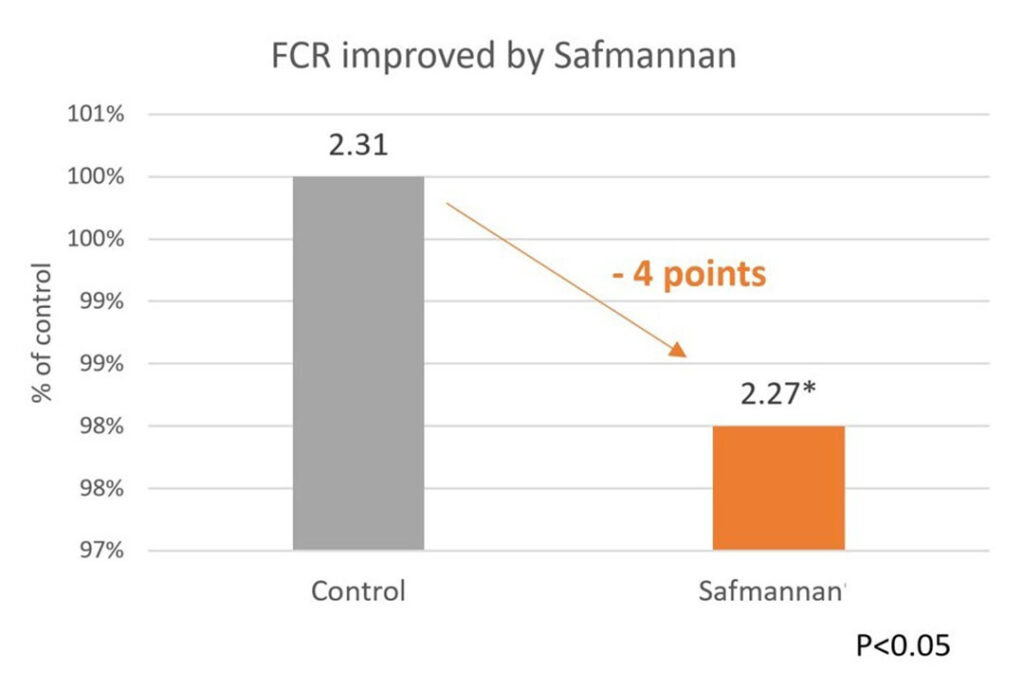
To investigate the effects of yeast postbiotic feed supplementation, 2 trials were conducted by the University of Bologna’s Department of Agricultural and Food Sciences. Researchers evaluated whether the addition of a commercial preparation containing the aforementioned yeast postbiotic to turkey diets impacted performance and faecal microbiota composition.
BUT Big6 female turkeys were supplemented from 500 g/t yeast postbiotic in the starter feed to 125 g/t in the finisher feed for a period of 107 days. The feed conversion ratio (FCR) was assessed at the completion of the trial. The treatment group weighed an average 80 g heavier, which translated to an FCR which was significantly improved by 4 points when compared to the control group, p<0.05 (Figure 1).
To assess the diversity of the gut microbiota in treated versus untreated control birds, faecal samples were collected on days 21 and 85, and their bacterial profiles were characterised using 16S sequencing at several taxonomic levels, such as the bacterial phylum and species. Significant positive alterations in bacterial gut diversity were already observed at day 21 in supplemented versus control birds (Figure 2).
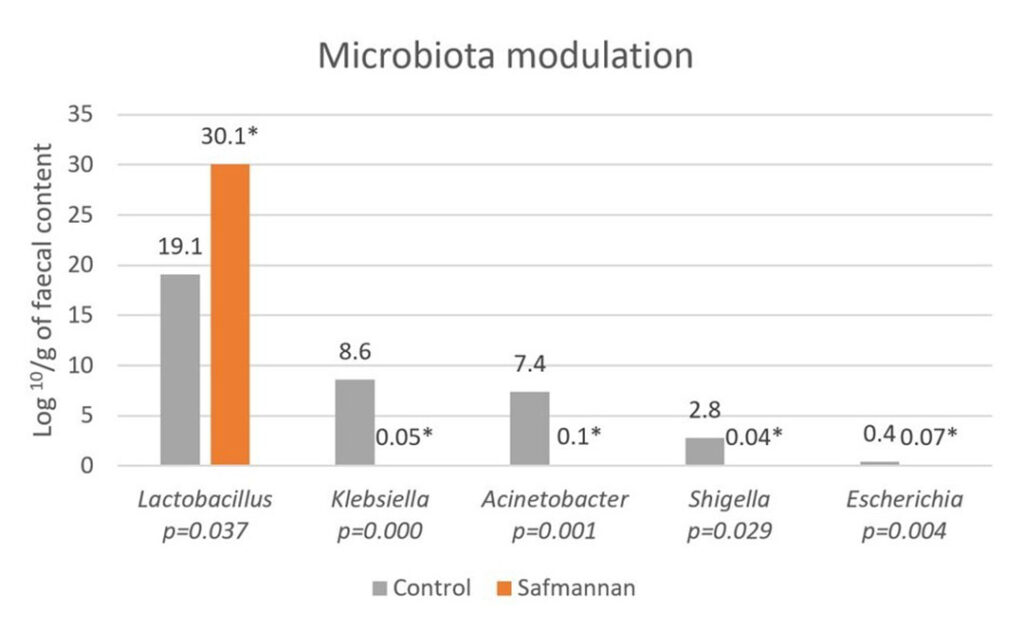
At day 85, turkey faeces from the treated group had higher relative proportions of health-promoting microorganisms, with increased numbers of Lactobacillus as well as Clostridium bifermentans and Pediococcus acidilactici compared to control unsupplemented birds. These beneficial bacteria can alter colonisation by pathogenic bacteria. For example, Faecalibacterium praustnizii produces short-chain fatty acids such as butyric acid, which have a vital role in both growth performance and pathogen protection. Control birds also showed higher levels of undesirable bacteria such as Gammaproteobacteria, including Klebsiella, Acinetobacter, Shigella, Escherichia, Enterobacter, Erwinia, and Serratia, which were not present in the faeces of treated turkeys.
This research indicates that advanced yeast postbiotics can decrease pathogen pressure, maintain healthy microbiota, and support gut health in turkeys. Turkey producers are thus able to reduce the costs associated with treating and managing frequent stock infections, with a resulting improvement in bird performance and health, for maximised revenue.


